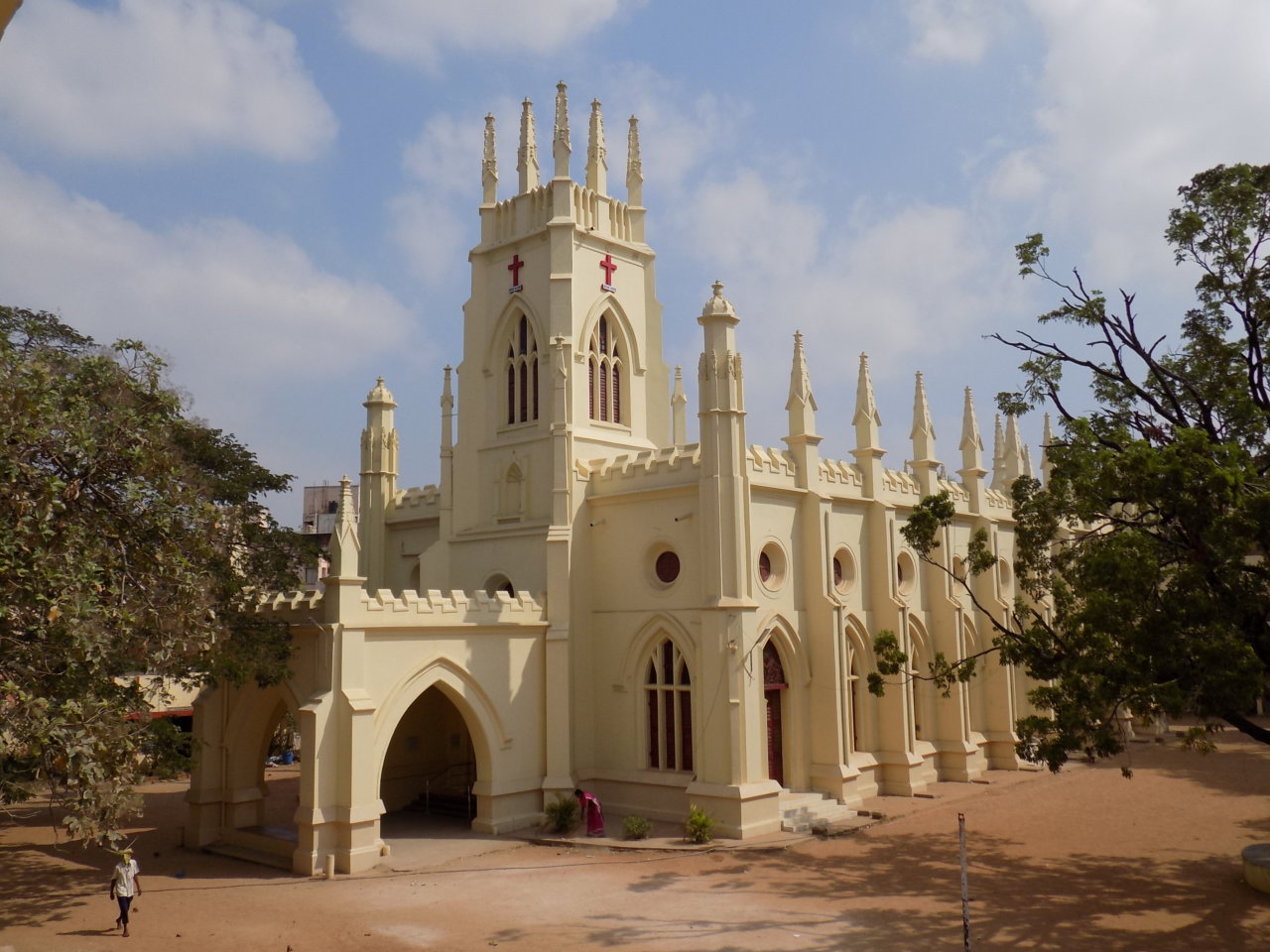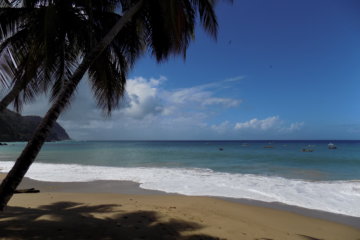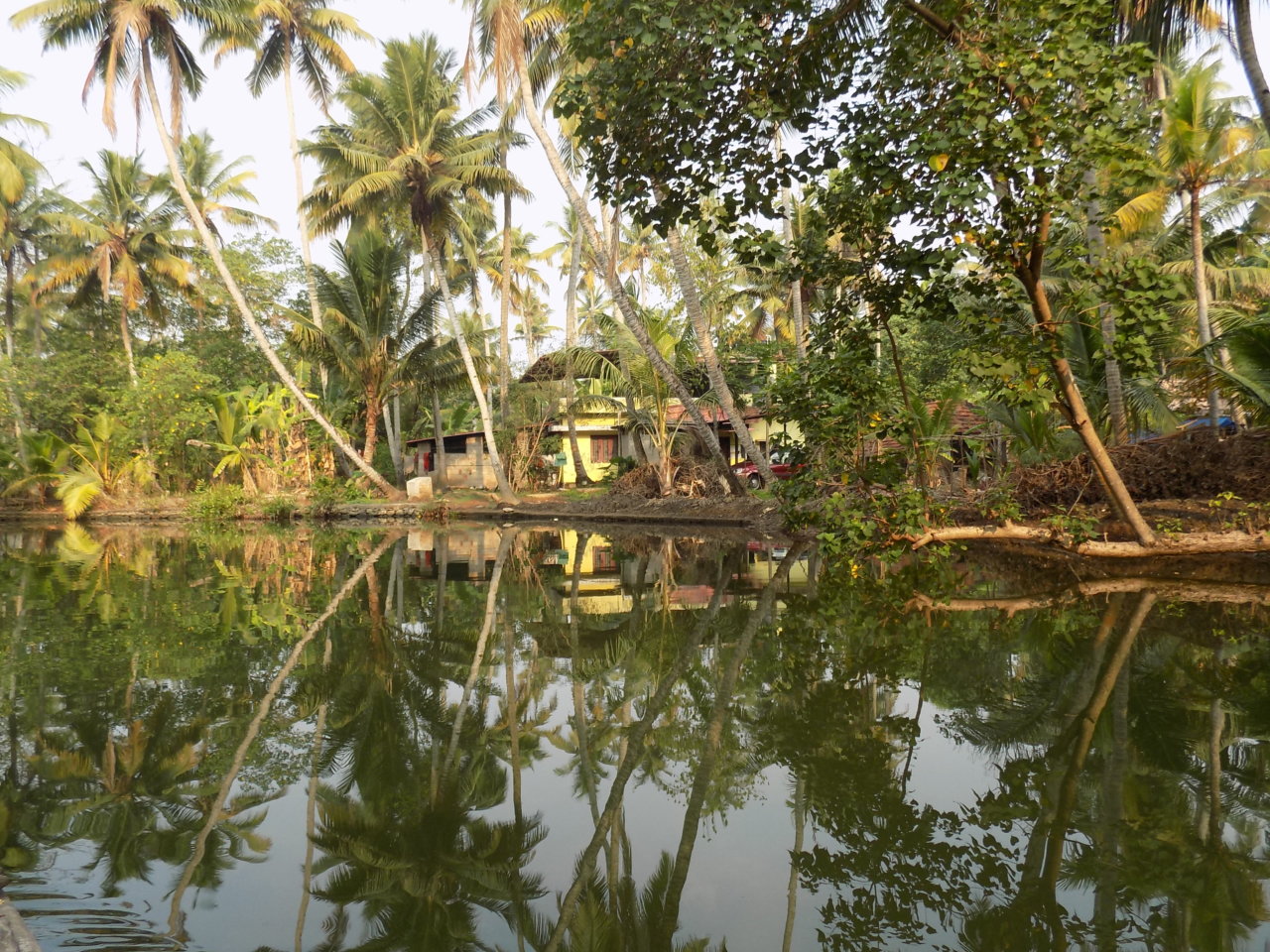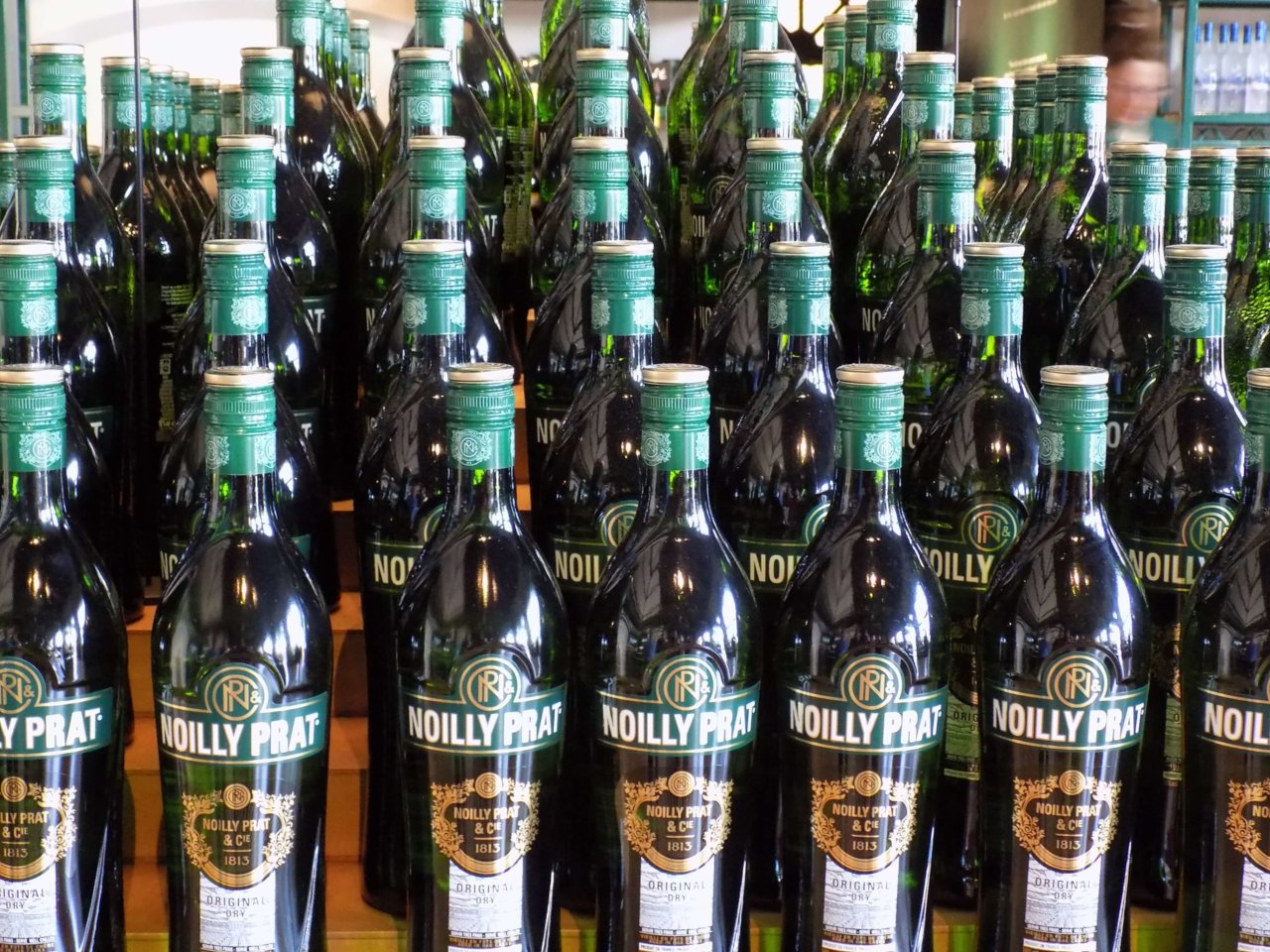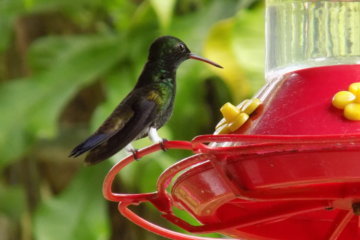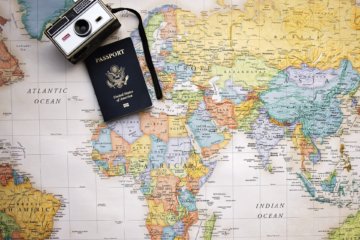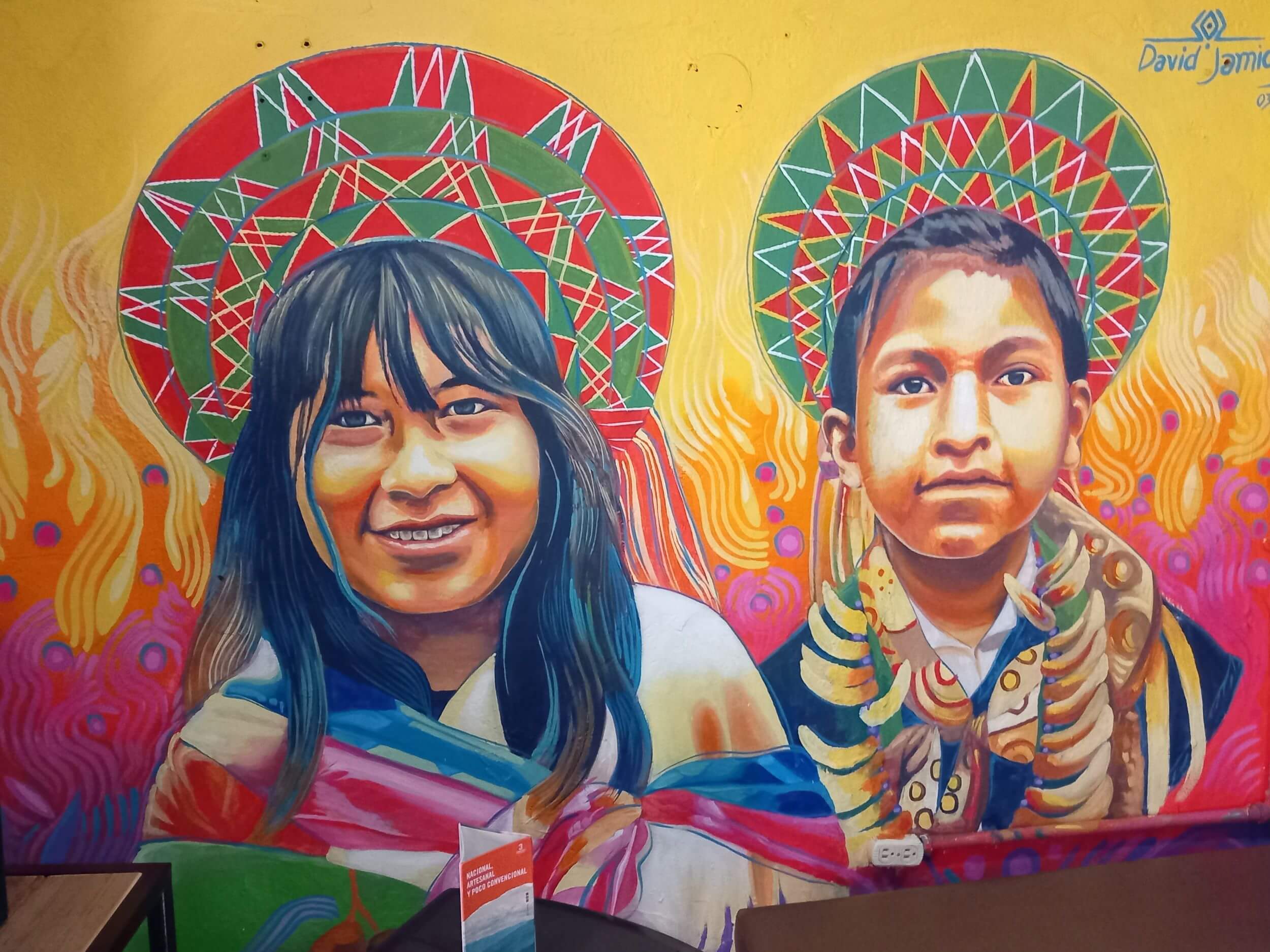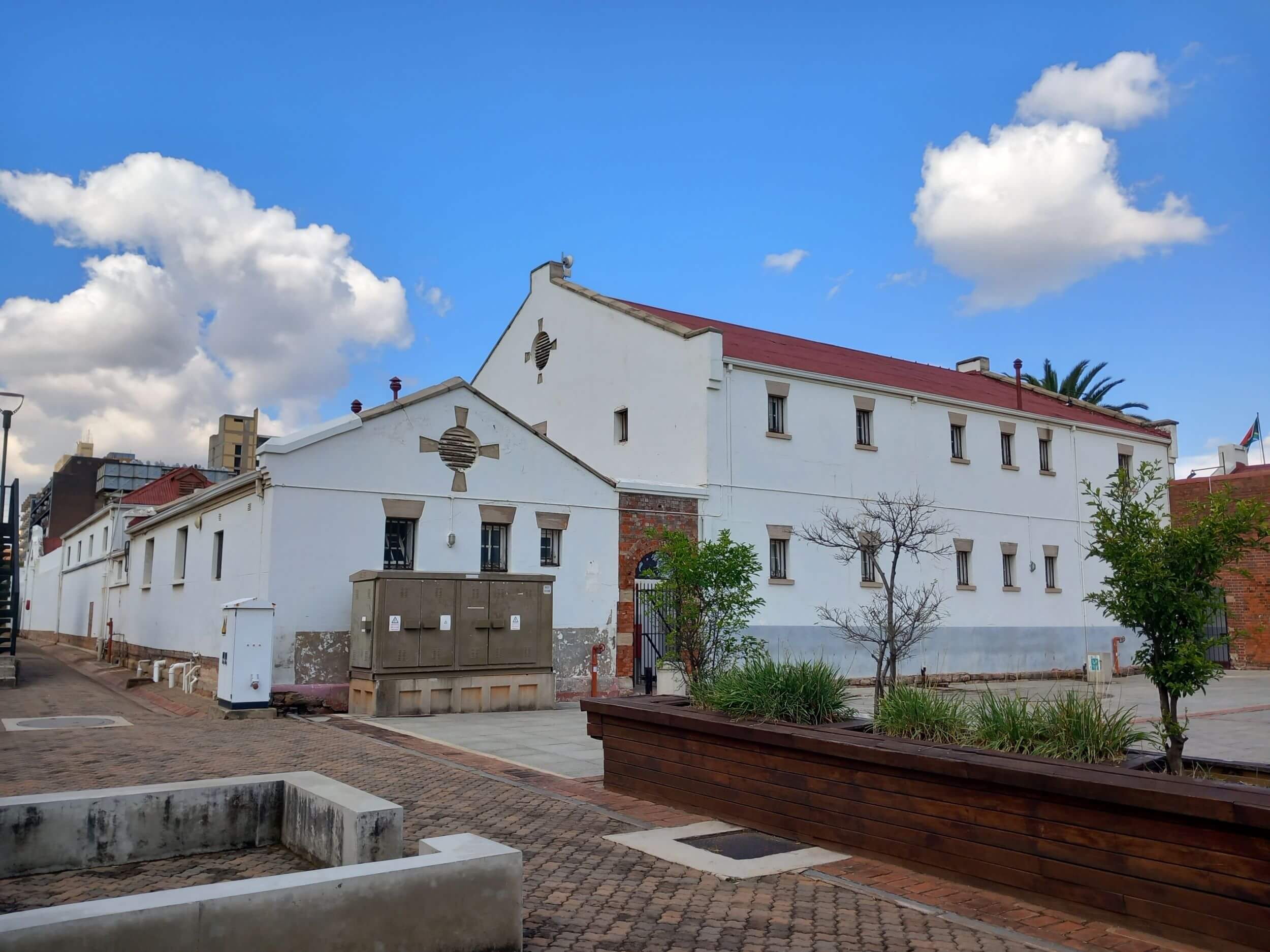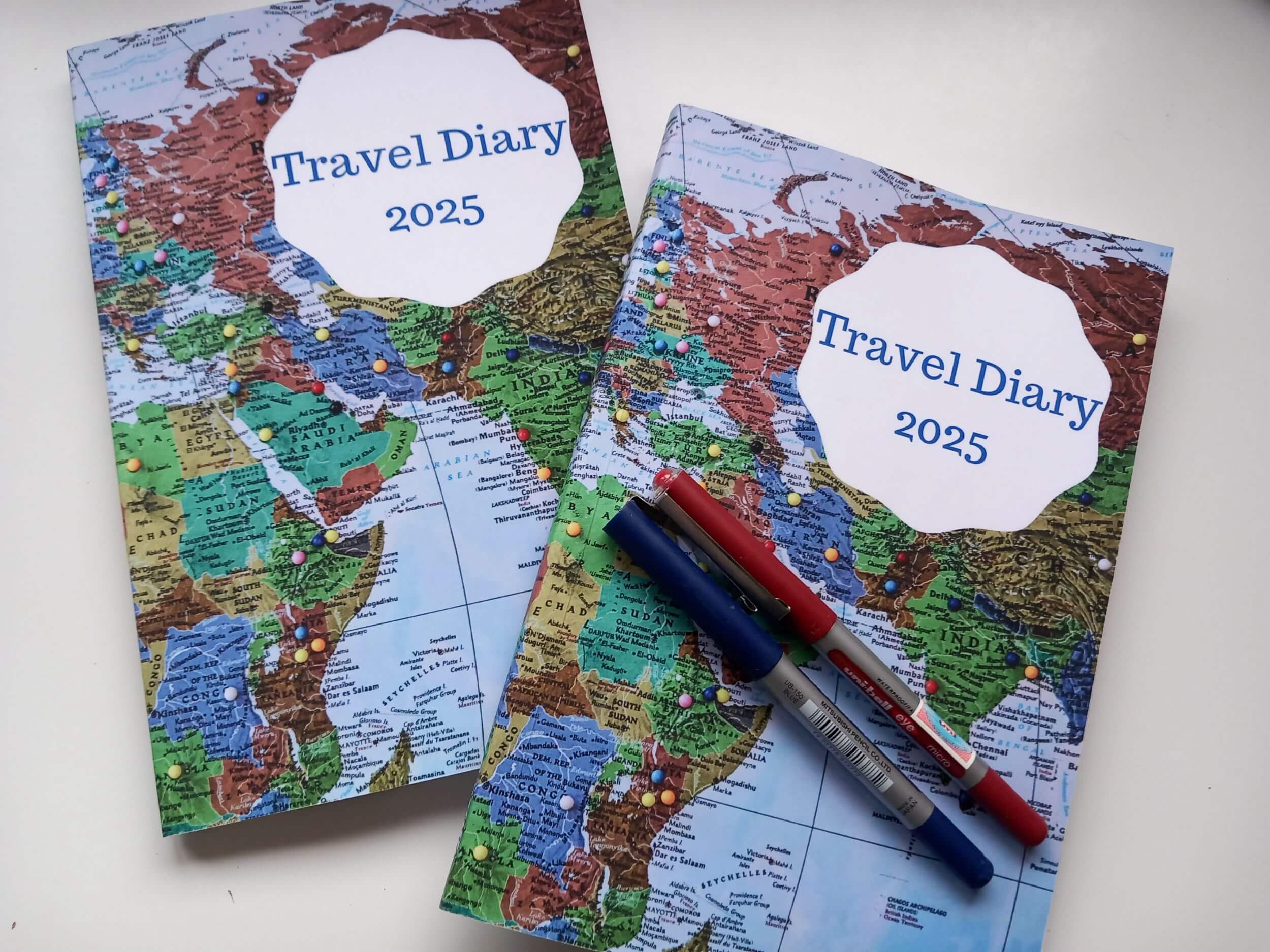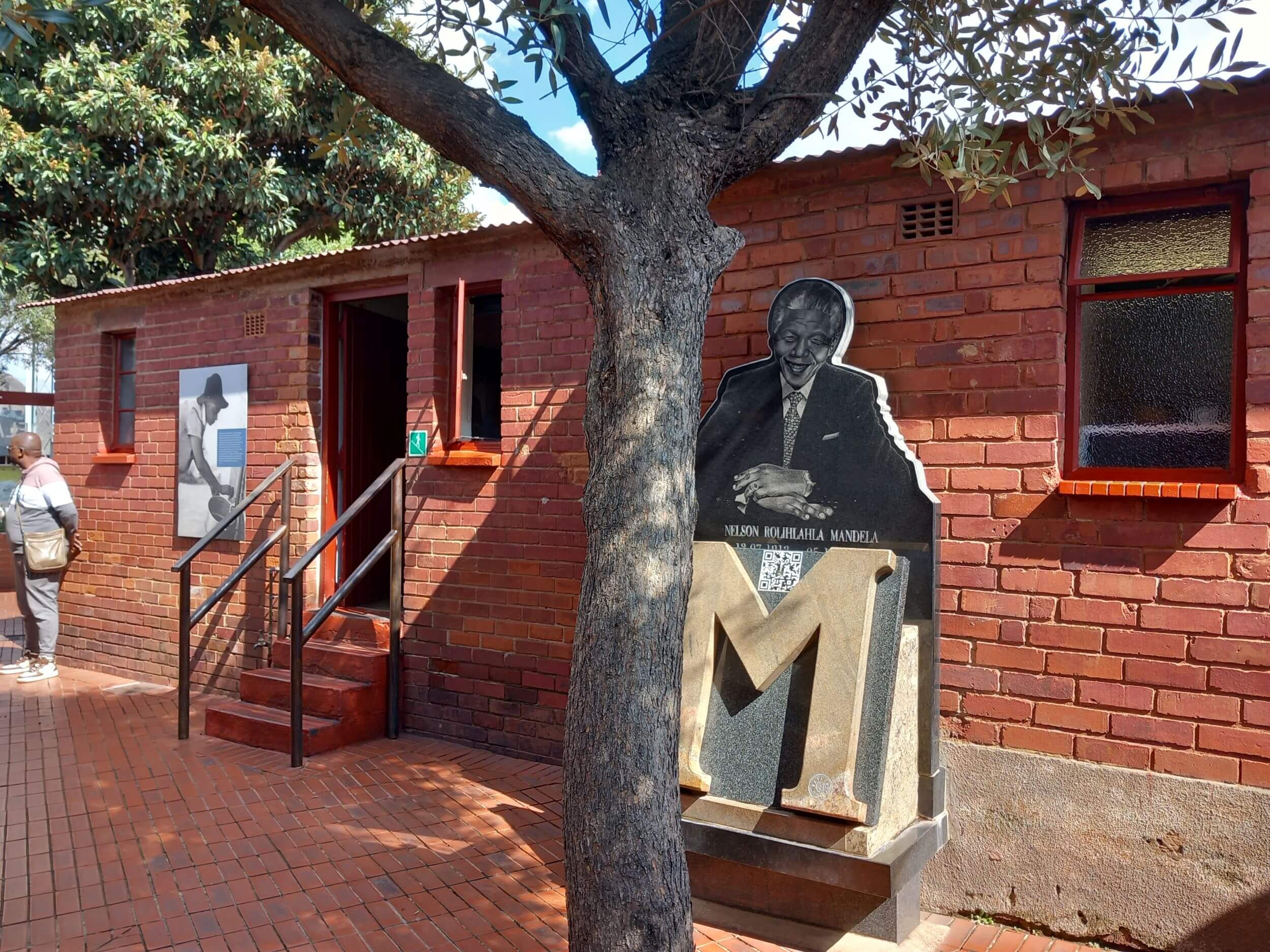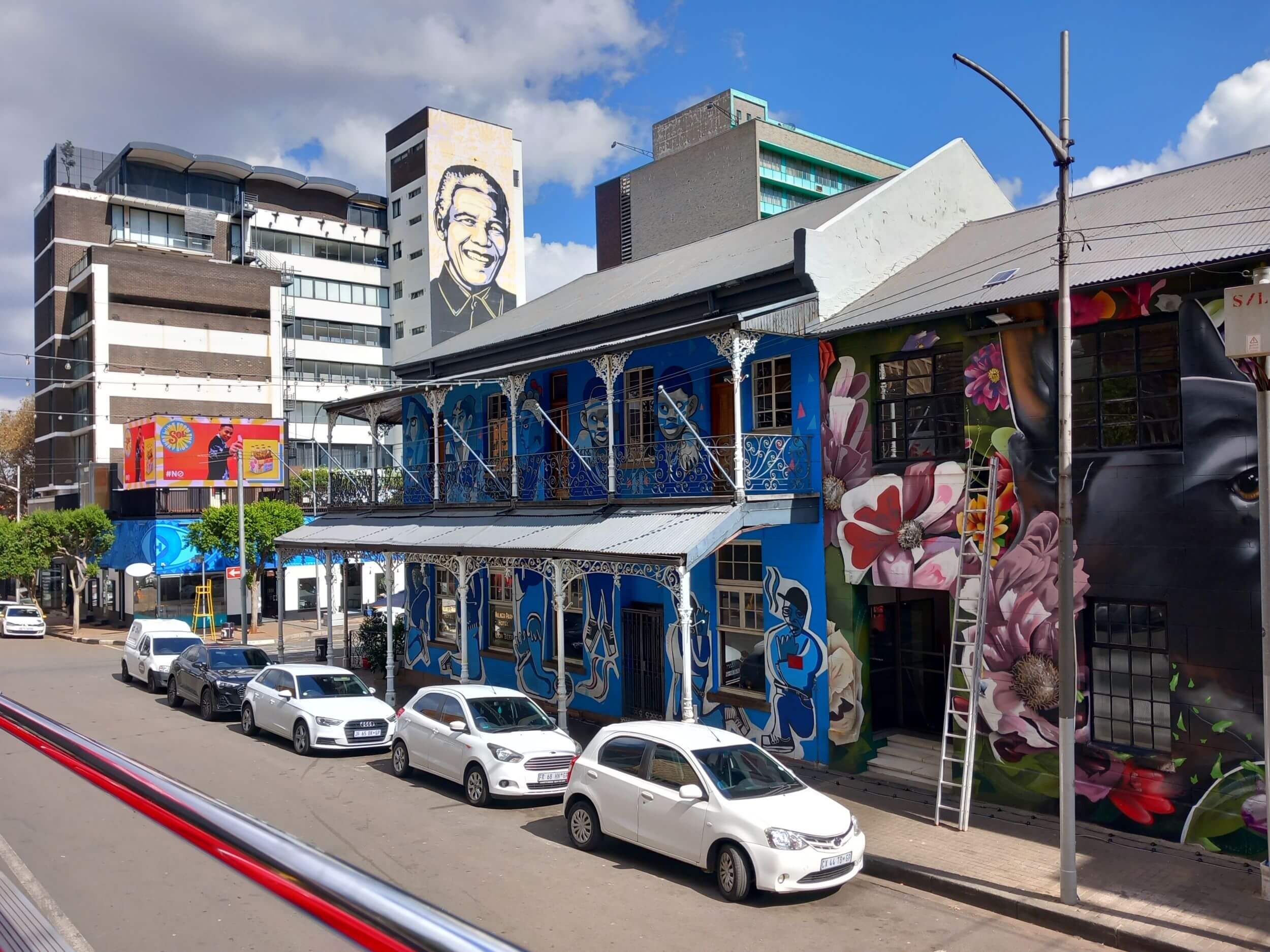A friend who visited Chennai (formerly Madras) a couple of years ago described it to me as a very ‘liveable’ city. Unfortunately, arriving there from the chaos of Bangalore, it didn’t feel that way to us. Perhaps we weren’t in the right frame of mind to spend more time in another hot, noisy, polluted, crowded city. Perhaps we’re just getting too old! We both love cities that can be explored on foot. This is just not possible in Chennai where you take your life in your hands every time you try to cross a road or walk along a pot-holed uneven pavement. The exhaust fumes caught in our throats and the sand and grit thrown up by the speeding motorbikes got in our eyes.
Notwithstanding our poor first impressions of the city, we set out to explore. Top of the list of places to see was Fort St. George, not least because this is where Sergeant Holland Turton (Mark’s maternal great-grandfather) died and was buried. Mark’s paternal grandfather, James Dorrofield Wade, was also stationed here (from 1933 to 1937) and we have a family photo of his wife Helen and their two children, Dick (Mark’s Dad) and Cynthia, taken outside their married quarters.
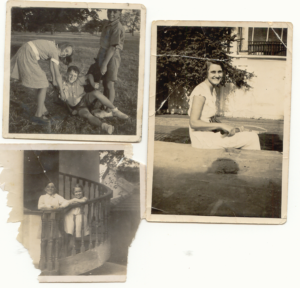
We decided to get to the fort by catching the suburban train from Egmore Station to Chennai Fort Station, at a cost of a few rupees each. We thought we were being very clever and saving ourselves an expensive tuk-tuk fare. My advice to anyone else planning to do this is … don’t!
We got off at the fort and followed the crowd as they left the station. We soon realised we were on the wrong side of the railway tracks, so we went back up the steps we’d come down and crossed to the other side. It was already very hot! We walked in the blazing sun to where we thought the entrance to Fort St. George should be, but it was the army and navy married quarters and we got turned away. We retraced our steps and were hassled by tuk-tuk drivers wanting to give us a lift. We declined them all, saying we would walk. They tried to tell us it was a 3 km walk, but we thought we knew better!
At the (what turned out to be) back entrance to the fort, a stream of Indian workers were walking in, so we asked a guard if we could go that way to the museum. He waved us through. At the next checkpoint, a 100 metres or so further on, however, we were turned back. Retracing our steps yet again, we complained to the guy who had let us through, but he was unapologetic! We asked him how far it was to the entrance to the museum and he told us it was about 4 km! So, we had to swallow our pride and take tuk-tuk. So much for being clever and saving money!!
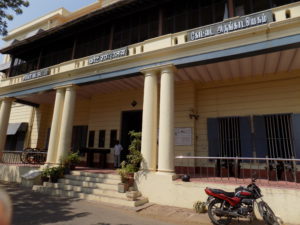
Finally arriving at the correct entrance, we passed through security and were directed to the museum. Some of the original buildings of Fort St. George remain, but it was hard to tell what’s what as the whole complex is being used for Tamil Nadu’s State Government and it was extremely busy. We did find the museum, housed within the former officers’ mess. We speculated about whether any of Mark’s family would have been in the building and wondered about where on the base the photo we have had been taken. We have no way of knowing! The museum was very interesting, but no mention was made of either Holland Turton’s or James Dorrofield Wade’s regiments.
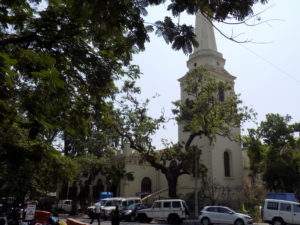
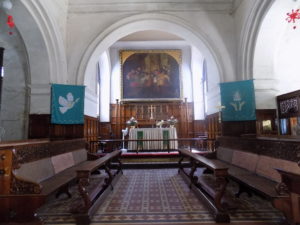
After leaving the museum, we remained within the fort and went in search of St. Mary’s Church where we believed Sergeant Major Turton had been buried. So many new tall buildings have been erected around it that it was very difficult to find the oldest British-built church in India! When we did find it, it was full of dedications to many of the men who had senior roles in the British army at the fort. We explained to a member of staff why we’d come and he led us through to a chapel where a lady showed us the original burial records. Unfortunately, Sergeant Major Turton didn’t feature. He wasn’t buried here, but at least we’d been to the church where he’d probably worshipped and where Dick, Cynthia and their Mum, Helen, had been.
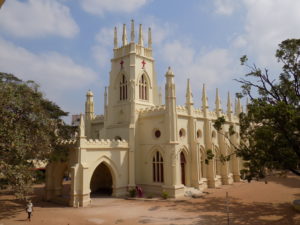
Later, we found records which showed that Holland Turton’s funeral had in fact taken place at St. Mathias’ Church in Vepey, a different district of Chennai and that he was buried in Kilpauk Cemetery. This made sense as both of these places were close to a barracks used to house retired servicemen and Mark’s great-grandad was long-retired from the army when he died in January 1925. We visited both the church and the cemetery, but searches for further records proved fruitless. At the graveyard, one of the workers offered, in return for a small fee, to do a physical search for us. We went with him, but soon realised it was as if we were looking for a needle in a haystack. There were 60,000 graves over the 18-acre site, with many of them put on top of earlier ones. Unsurprisingly, an hour of searching turned up nothing. We left. Mark was happy that we’d done all we could and said we should draw a line under the family history investigations for this trip!
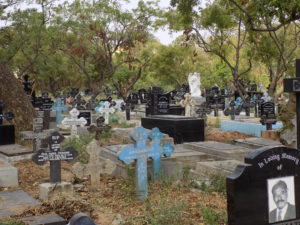
Georgetown, one of the oldest parts of Chennai, with its jumble of narrow streets packed with shops, each street being almost exclusively linked to one product, was somewhere we had looked forward to visiting. In the event, however, the heat, the crowds, the traffic, the noise, the pollution, the relentless mayhem, all added up to a very brief foray into the area before we were hailing a tuk-tuk to get us out of there! It was too packed even to take photos. If we do ever find ourselves in Chennai again, we will try venturing into Georgetown in the early morning to see if we get a different impression!
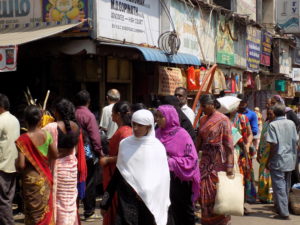
Wherever we went in Chennai, we had to contend with dense crowds and crazy traffic, similar to that which we had experienced in Bangalore. Here, though, there were differences. We saw women tuk-tuk drivers for the first time, women with short hair, and women with more flesh on show! Whether these things make Chennai a more progressive Indian city, I’m not sure.
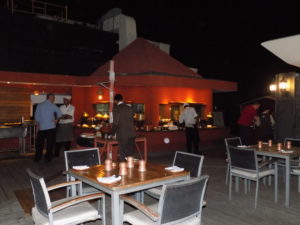
We did find some respite from the stresses of the city one evening, though. Looking on Trip Advisor for somewhere in the vicinity of our hotel where we could get a beer with our dinner, we came across the rooftop restaurant of the Pride Hotel – their north Indian buffet was highly recommended. It turned out to be the most expensive meal we had during our eight weeks in India at around $60 for the two of us, but the delicious food and the accompanying live music meant it was worth every penny. The starters included amazing crispy potato cases filled with spicy potato, minted white fish pieces, tandoori chicken, lamb kebabs, and scrumptious pea and potato cakes served with a sweet chutney. For mains, we had chicken rice, chicken curry, delectable mutton stew, an incredible cauliflower dish which Mark loved, and the best freshly-made roti we’d tasted! Dessert was a divine sweet pastry which the chef was particularly proud of. Definitely worth a visit!
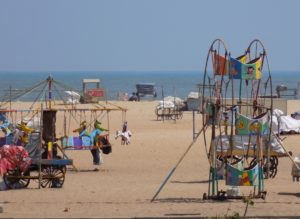
Whilst we were in Chennai, we also visited Marina Beach, a vast expanse of sand stretching for three kilometres with not a single beach bar or restaurant in sight! The only refreshments available were canned drinks and bags of crisps being sold at makeshift stalls dotted around the sand. We walked the length of the beach, stopping frequently in the heat of the midday sun, and marvelled that anywhere else in the world, the ‘prom’ would be lined with beach resorts and hotels rather than public utility buildings and the police headquarters!!
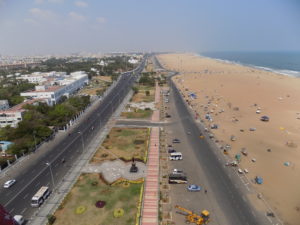
At the southern end of the beach is the only lighthouse in India with a lift, so we paid our money and went up to admire the views. As pleasant as this was, we weren’t sorry to be leaving Chennai the next morning!
Join our mailing list

Sign up to receive our monthly newsletter. Keep up with what we're doing and be the first to receive special offers and insider tips.

